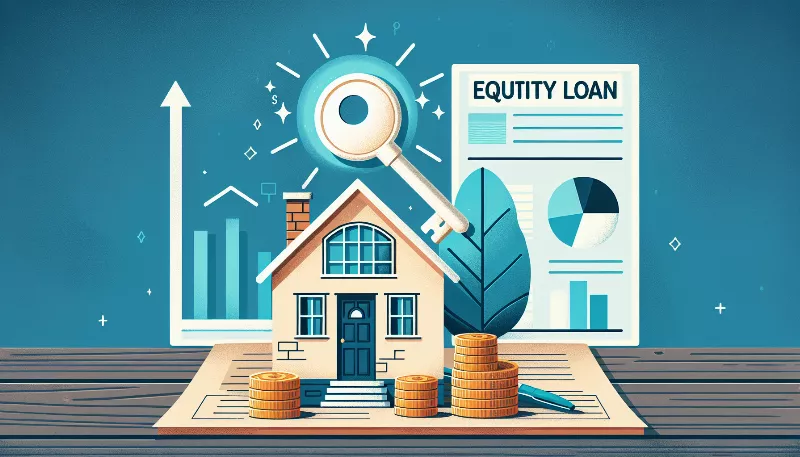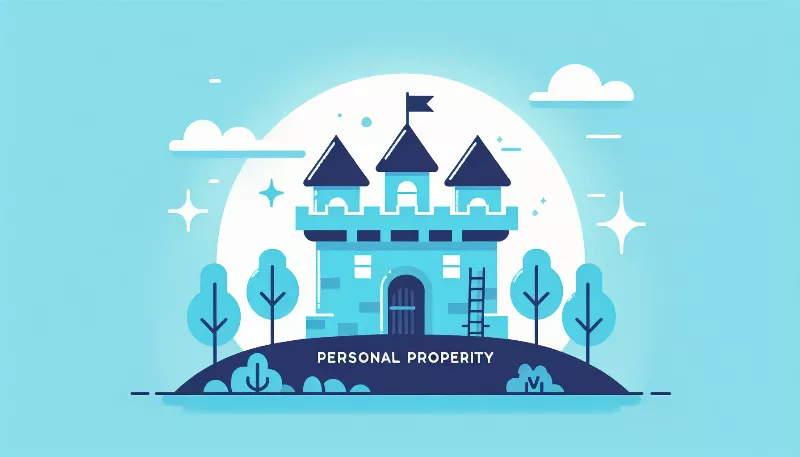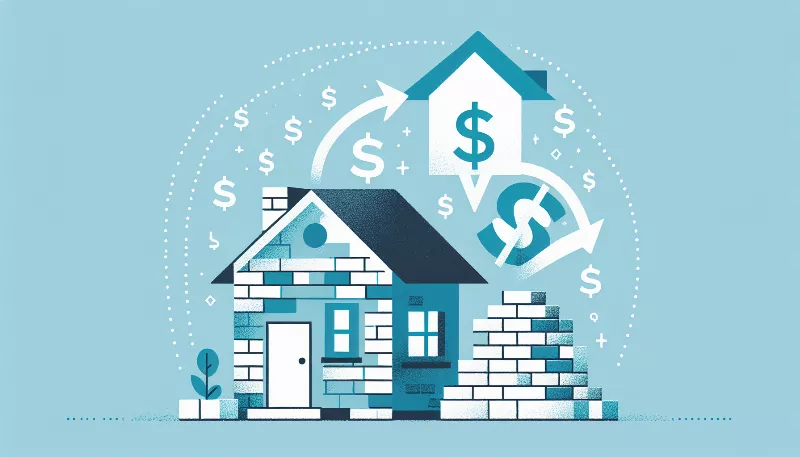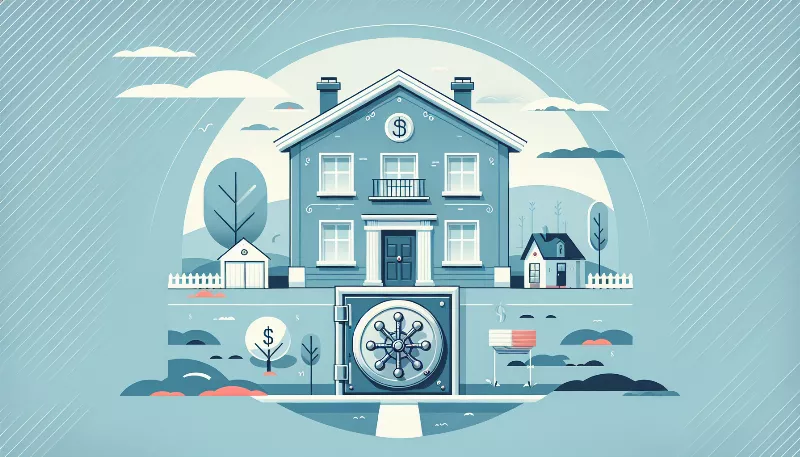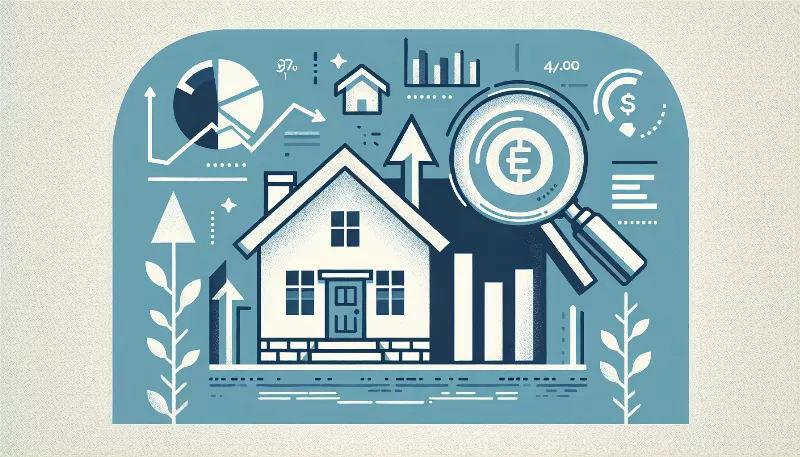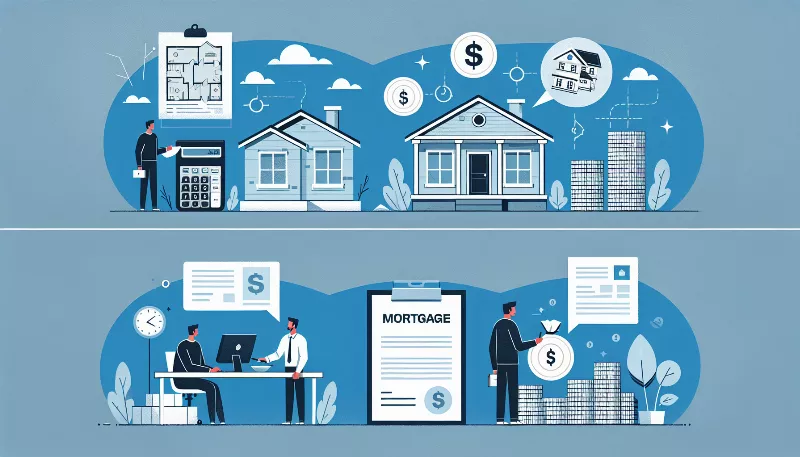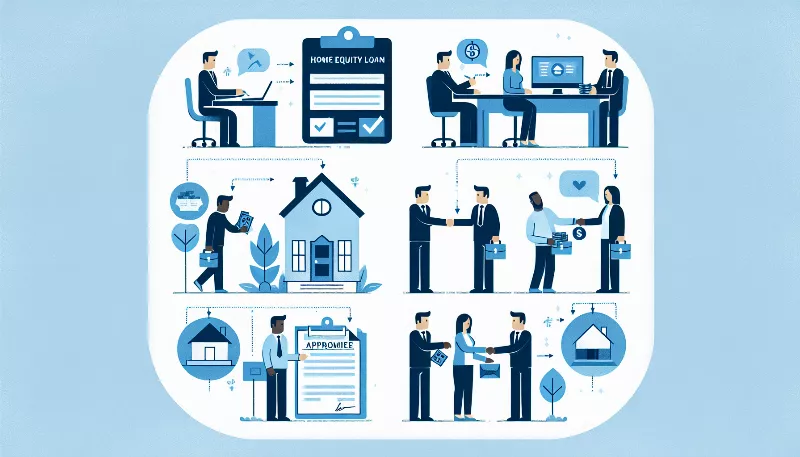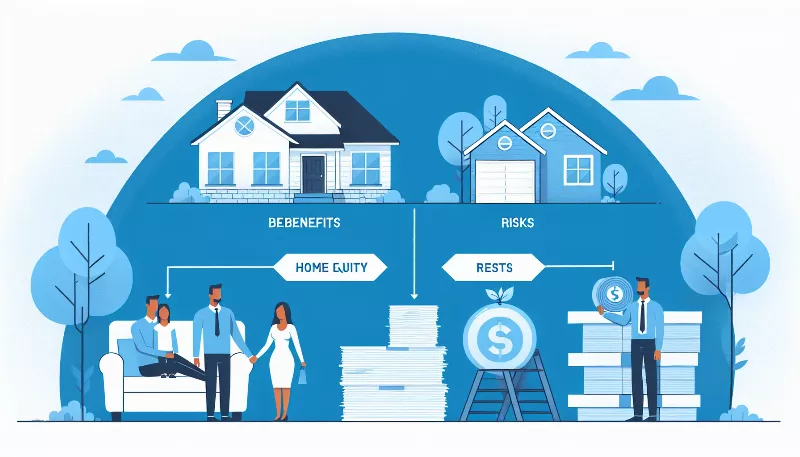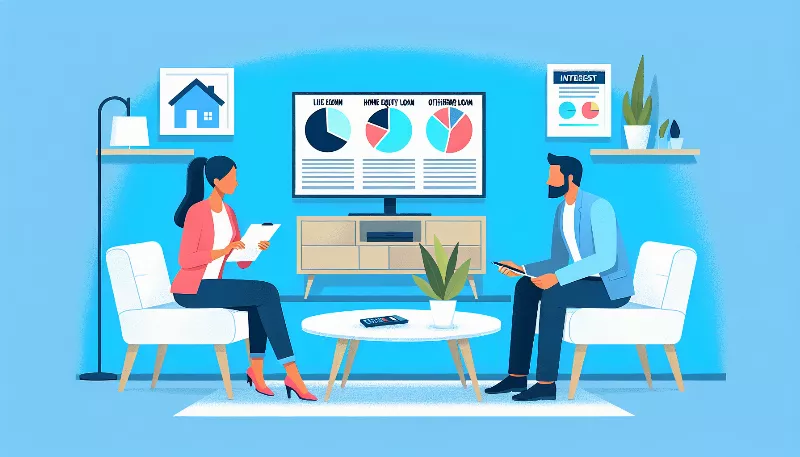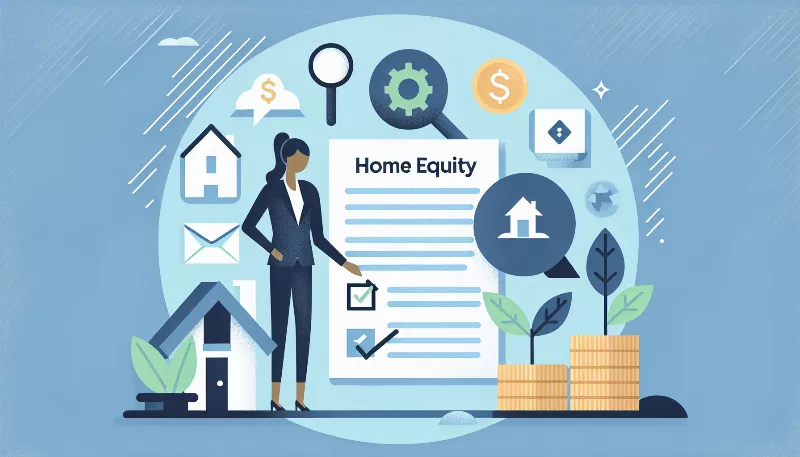Are fixed-rate or variable-rate home equity loans better in today's market?
Discover which home equity loan suits you best in the current market. Compare fixed-rate vs variable-rate options for smart financial decisions.
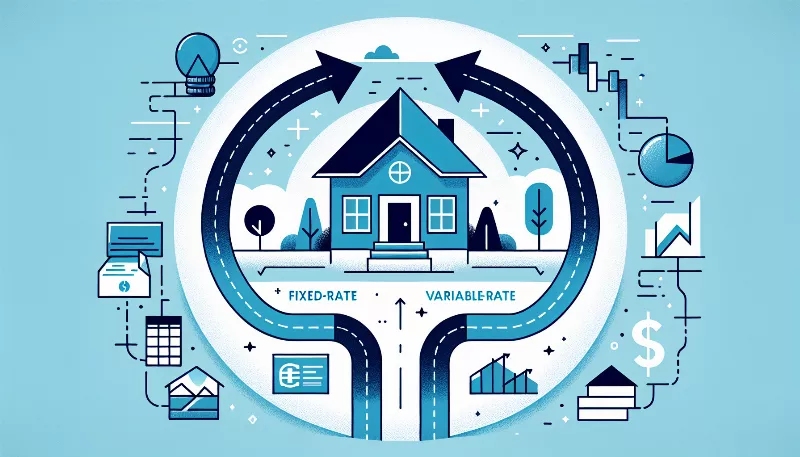
Unlocking the Potential of Your Home Equity: Fixed vs. Variable Rates
As a homeowner, tapping into your home equity can be an exhilarating way to address financial needs, from renovating your abode to consolidating debt. But when it comes to choosing between a fixed-rate or variable-rate home equity loan, the decision can be as crucial as it is exciting. In today's market, understanding the nuances of each option can lead to a savvy financial move that aligns with your goals and circumstances.
The Stability of Fixed-Rate Home Equity Loans
Fixed-rate home equity loans are the epitome of predictability. They lock in an interest rate for the duration of the loan, ensuring that your monthly payments remain constant. This stability is particularly appealing in a market where interest rates are on the rise, shielding you from future hikes. If you're someone who values a consistent budget and long-term planning, a fixed-rate loan might just be your financial soulmate.
The Flexibility of Variable-Rate Home Equity Loans
On the flip side, variable-rate home equity loans offer a level of flexibility that can be enticing. Initially, these loans often come with lower interest rates compared to their fixed-rate counterparts. This can be a boon if you're looking to minimize costs in the short term or if you believe market rates will decline. However, they also come with the risk of fluctuating payments, which can increase if interest rates rise. For the financially adventurous who are comfortable with uncertainty and willing to bet on market trends, variable rates could provide an opportunity for savings.
Analyzing Today's Market Conditions
In the current economic landscape, interest rates have been experiencing an upward trajectory, making the choice between fixed and variable rates all the more significant. With the Federal Reserve's monetary policy aiming to curb inflation, borrowers may find solace in the security of fixed rates. Yet, it's essential to consider the broader economic outlook and personal financial strategy before making a commitment.
Personal Financial Goals and Risk Tolerance
Your decision should also take into account your financial goals and risk tolerance. A fixed-rate loan might be better if you're planning for long-term stability and have a low appetite for risk. Conversely, if you're looking to pay off your loan quickly or are comfortable with potential rate increases, a variable-rate loan could be advantageous. It's all about finding the right fit for your unique financial wardrobe.
Conclusion: Making an Informed Choice
Ultimately, whether a fixed-rate or variable-rate home equity loan is better in today's market depends on your personal situation and the economic environment. By carefully considering your financial objectives, risk tolerance, and the market trends, you can make an informed decision that empowers you to leverage your home equity in the most beneficial way. Consult with a financial advisor to tailor your choice to your life's blueprint, and embrace the journey toward financial fulfillment with confidence!
